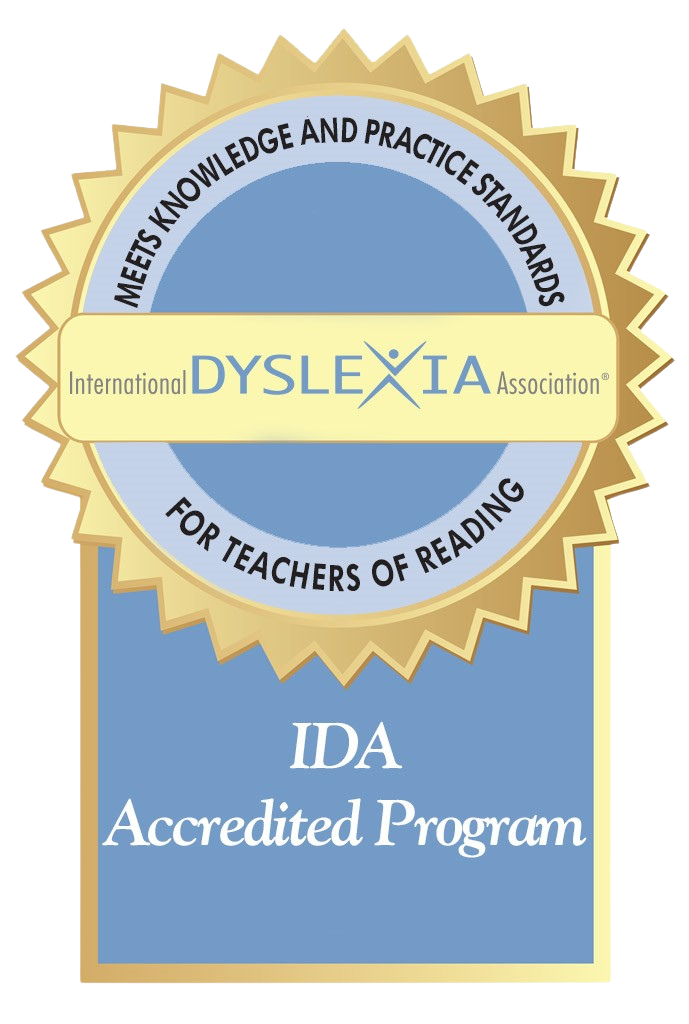
Science of Reading
Literacy Suite

Develop the content area knowledge and pedagogical practices needed to master the fundamentals of literacy instruction based on the science of reading.
Develop the content area knowledge and pedagogical practices needed to master the fundamentals of literacy instruction based on the science of reading.
The Science of Reading Literacy Suite from NWEA is designed to enhance educators’ content knowledge and strengthen their pedagogical practice across literacy.
The Science of Reading Literacy Suite from NWEA is designed to enhance educators’ content knowledge and strengthen their pedagogical practice across literacy.

Sustained, content-driven learning to evolve your professional practice
Content-Focused Professional Learning workshops
Content-Focused Professional Learning workshops
The Science of Reading Literacy Suite provides teachers with a deep understanding of content- and research-based instructional practices, along with ways to apply that understanding to their unique grade-level instructional needs and content standards.
The Science of Reading Literacy Suite is accredited by the International Dyslexia Association for its alignment with the science of reading, structured literacy, and the IDA Knowledge and Practice Standards.
Science of Reading Literacy Suite
Science of Reading Literacy Suite
Our brains are wired to learn spoken language, but learning to read does not happen the same way! By teaching reading in ways that align with how the brain acquires, processes, and retains letters, sounds, and language, we support all students’ reading success. In this offering, participants will learn how students learn to read, the multiple components that make up reading, and how to structure their reading instruction to align to the science of reading research.
Deepen pedagogical content knowledge for early literacy instruction grounded in the converging evidence from science of reading research. This 6-hour offering helps K–2 educators implement effective literacy instruction through accessible, classroom- and evidence-based practices for a sounds-first approach.
Deepen the important knowledge gained from the Early Word Recognition workshop to learn about multisyllabic word decoding, morphology, and graphosyllabic anaylsis.
Fluency plays an integral role in bridging students’ decoding to automatic reading of connected text to determine meaning. In this offering, participants will discover strategies to help students increase fluency, advance their pedagogical content knowledge by analyzing reading fluency components, and examine the variables impacting reading fluency.
Learn best practices for teaching rich vocabulary, both implicitly and explicitly throughout the day, to improve students’ overall language and reading comprehension.
Get a better understanding of how to help students develop a coherent schema around a text topic by exploring the levels of cognitive representations that are constructed during comprehension, including the surface code, textbase, and the situation model.
Writing empowers students to generate knowledge, communicate ideas, and expand their thinking. This offering lays the groundwork for understanding how writing happens, what writers need to grow, and why writing is essential for every content area.
Educators will explore literacy assessments, learning difficulties, and evidence-aligned methods for supporting academically, culturally and linguistically diverse students.

Meet the needs of your team with on-site or virtual delivery options.

On-site learning
Face-to-face session with a consultant

Virtual learning
Live instruction through our online portal
